
 There’s a fascinating article by Kurt Kuersteiner HERE titled “OTR: The Evil Influence Behind EC.” In it Kuersteiner maps some of the many stories swiped from radio drama series and turned into EC Comics.
There’s a fascinating article by Kurt Kuersteiner HERE titled “OTR: The Evil Influence Behind EC.” In it Kuersteiner maps some of the many stories swiped from radio drama series and turned into EC Comics.
It came to me at the perfect time too. I’ve just been getting into EC comics over the last few months. Having grown up under the censorship of the Comics Code Authority I didn’t really know what I was missing. Now though, reading these pre-code comics, I can now see that my intellectual growth had been greatly stunted.
I’d have been a far smarter person if I’d been able to buy and read comics like these as a kid.
My favourite such tale so far was published in the July/August 1953 issue of Weird Fantasy (issue number 20). It’s called The Automaton. At first it seemed to me like a mashup of a Philip K. Dick’s The Electric Ant, Alfred Bester’s Fondly Fahrenheit and George Orwell’s 1984. But looking at the chronology that can’t be what it is. First off Philip K. Dick was just getting started around then. And while he was a comics reader The Electric Ant wasn’t published until 1969.
And while by 1953 Bester had already been working in comics – he hadn’t yet written Fondly Fahrenheit. So the story is definitely Orwellian and very cool, and certainly like a couple of Dick and Bester tales that were yet to be written. But then again, maybe it was inspired by a radio drama that I’ve not heard yet. Anybody know of one like this?
As it stands The Automaton is set in the futuristic dystopian world of Los Angeles in 2009. Our protagonist is XT-751, a man recounting his story of being sent to a northern labour camp after a suicide attempt. Suicide is illegal in this world because the state owns every person from the cradle to the grave.
I actually have been thinking about The Automaton for months now. And after reading Kuersteiner’s article it somehow gelled into a post. It’s just been something I could’t quite shake. The story is not only extremely thought provoking, and still timely, but also extremely frightening. And maybe a lot of the rest of it is that it is about as far away from superhero comics as you can possibly get. Best of all it’s told in just seven pages – that’s a highly distilled story.
The only credit for The Automaton is for the artist, Joe Orlando, but maybe he wrote it too?
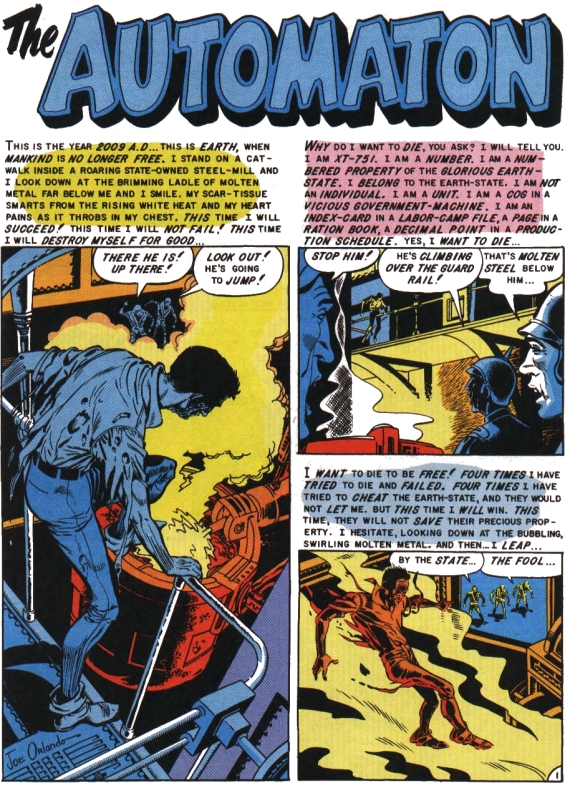
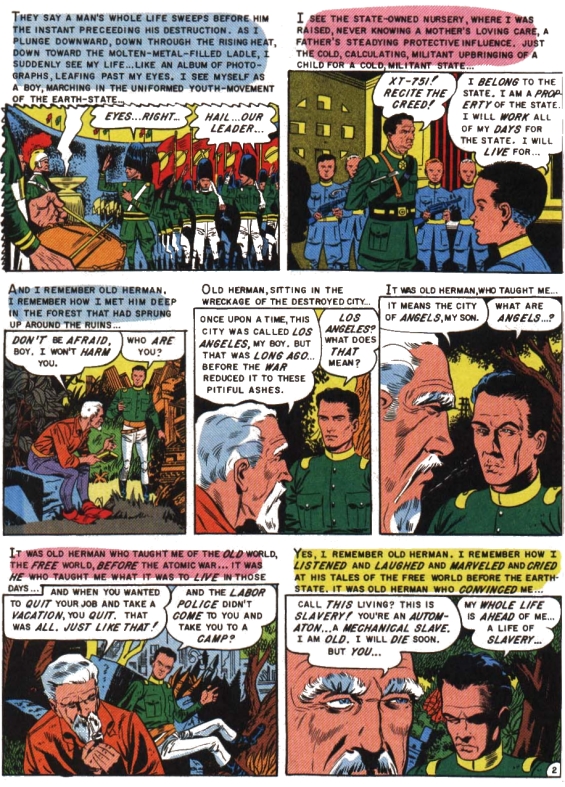
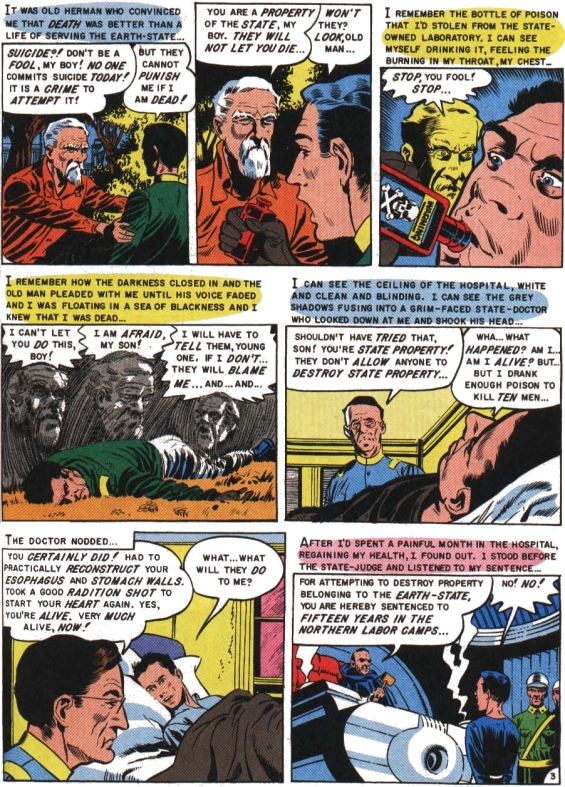
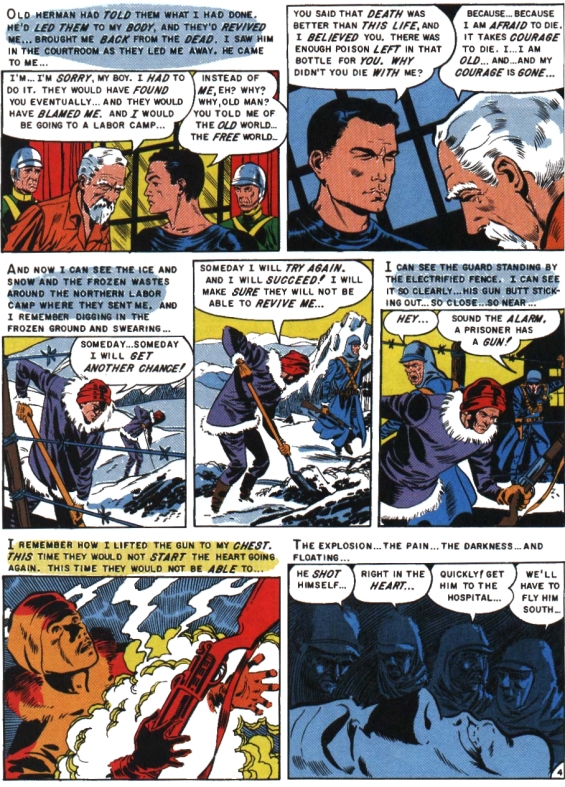
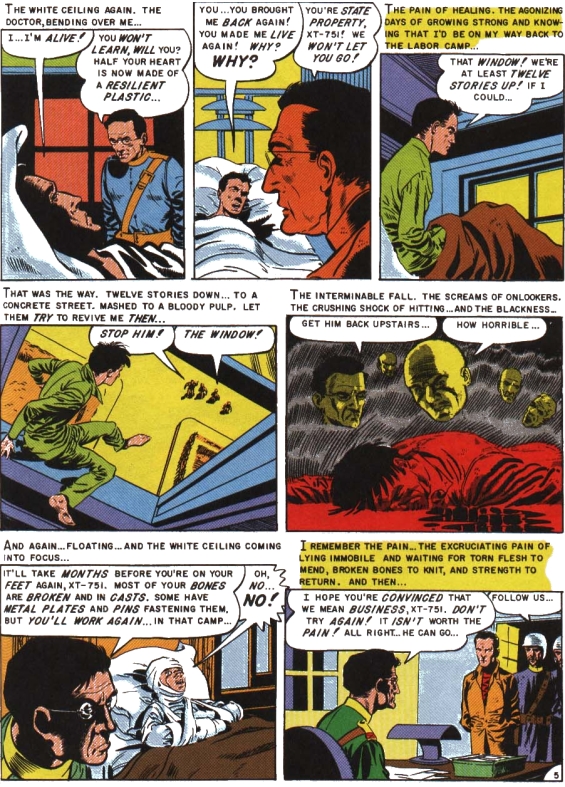
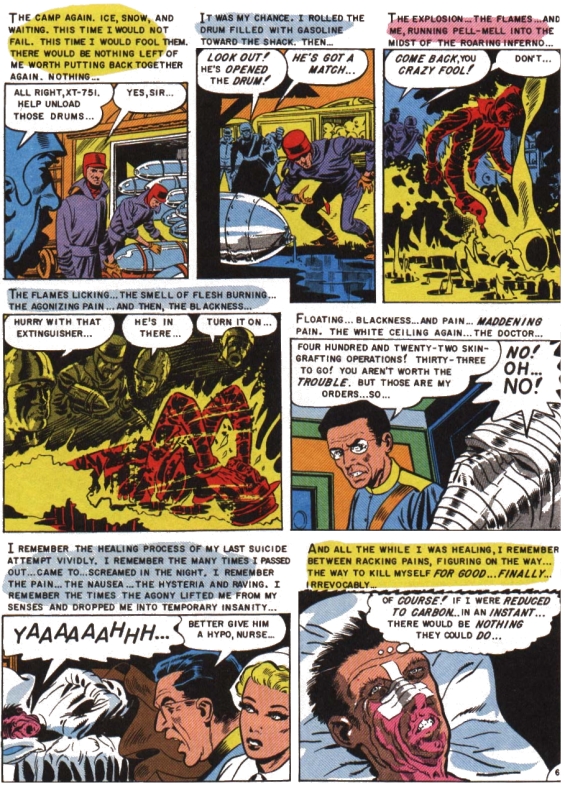
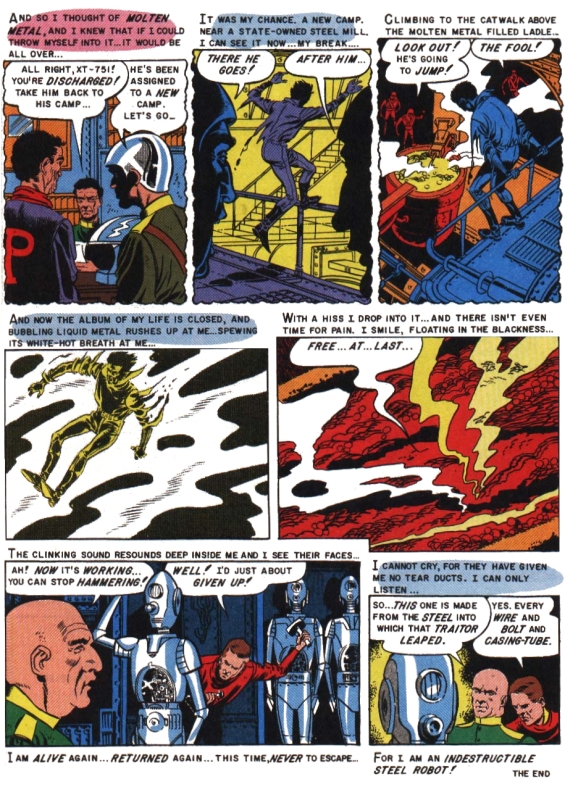
Posted by Jesse Willis



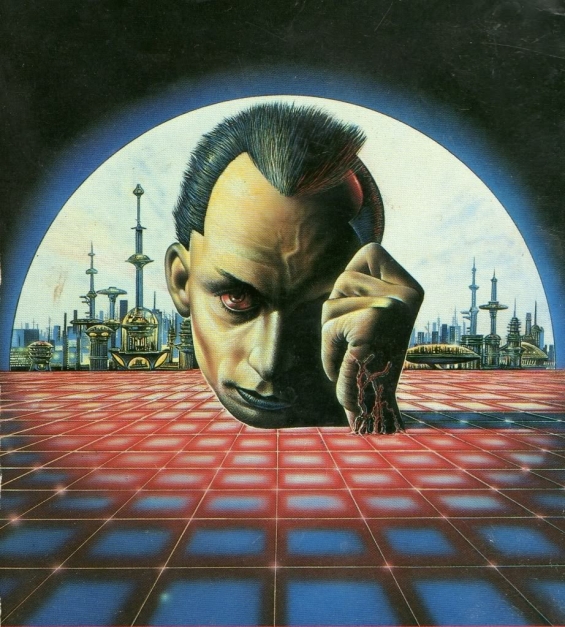







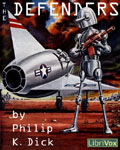
 X Minus One – The Defenders
X Minus One – The Defenders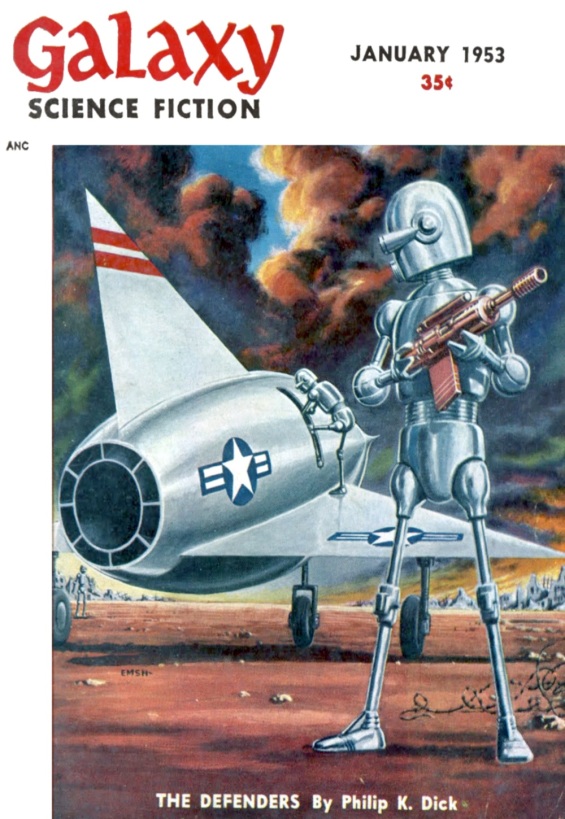

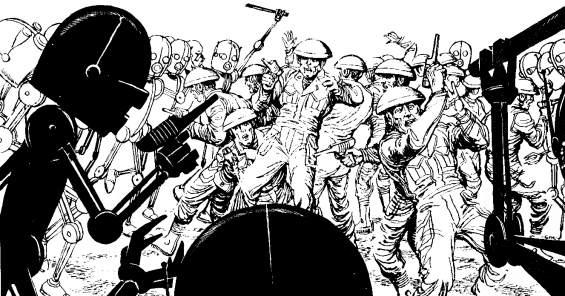
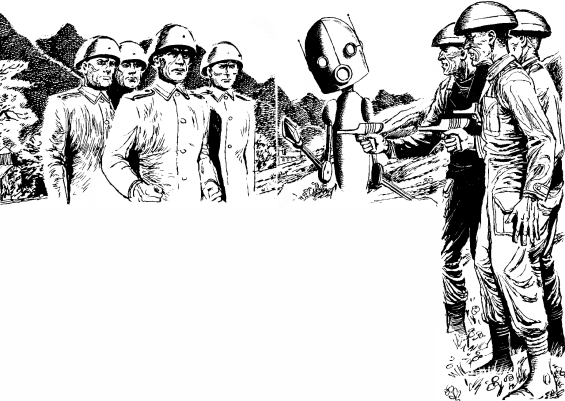


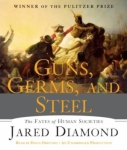
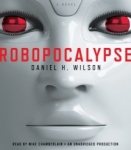 Robopocalypse
Robopocalypse